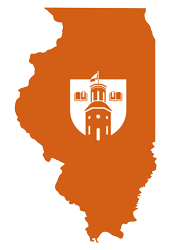Scholarships. Grants. Loans. Work study. You’ve heard these terms and know they can help you finance your college education, but you may not know how they work or how they differ from one another. Read on to better understand these types of financial aid and how each can help you afford your Wheaton College experience.
Announcing the Wheaton College Illinois Promise!
Starting in the fall of 2025, Wheaton College will cover the remaining tuition cost for enrolling first-year Illinois residents receiving both the Federal Pell Grant and Illinois MAP Grant.
Take the first step toward your world-class education – Apply Now and discover how the Wheaton Promise can make attending one of the nation’s top Christian liberal arts colleges a reality.

/prod02/channel_1/media/marcomm/ES0A3283.jpg)
/prod02/channel_1/media/admissions/2Y6A0182.jpg)
/prod02/channel_1/media/marcomm/800A1764.jpg)
/prod02/channel_1/media/rotc-/changing-of-the-colors.jpg)